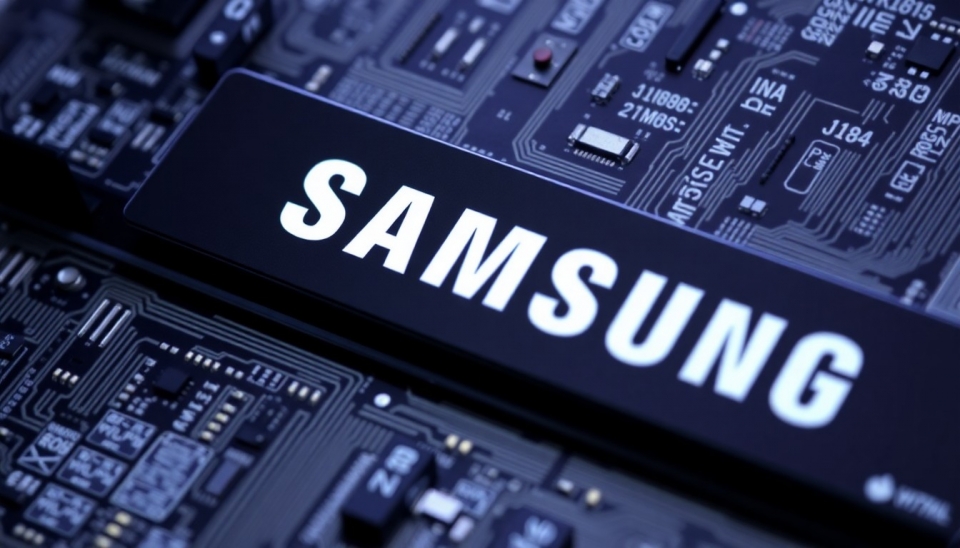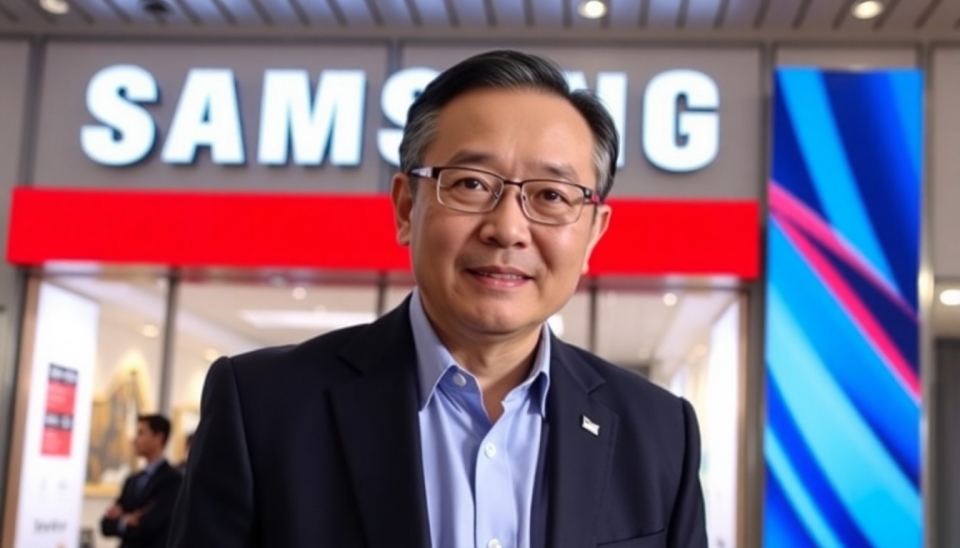
In a significant development impacting the semiconductor industry, Samsung Electronics has been feeling the bite of recent U.S. government restrictions aimed at curbing technological exports to China. These regulations have created a ripple effect, particularly troubling for the South Korean tech giant as it navigates new limitations on its chip production and distribution capabilities.
The U.S. administration is implementing stringent measures meant to limit China's access to advanced technologies and vital components. This scenario has compelled Samsung to reevaluate its strategies, as the company grapples with the dual challenge of maintaining its market position while complying with these complex regulations.
To bolster its stance in the global semiconductor arena, Samsung is reportedly seeking to recalibrate its operations amidst these shifting political landscapes. Sources suggest that the company is actively exploring ways to diversify its supply chain and bolster capabilities outside of the Chinese market. This pivot could include ramping up investments in other countries or exploring partnerships that mitigate risks associated with U.S. pressures.
Furthermore, analysts believe that Samsung must not only address immediate compliance with the U.S. restrictions but also contemplate long-range strategies to safeguard itself against future policy shifts. Industry experts opine that this moment could dictate Samsung's growth trajectory as well as its competitive edge in this technology-driven world, where securing access to essential semiconductor technology is crucial.
Adding to Samsung's challenges, the emerging competitive landscape from Chinese rival companies has heightened the stakes in the global market. These competitors may try to exploit any weaknesses arising from Samsung's ongoing restructuring efforts. As a response, Samsung could enhance its research and development initiatives to innovate new products and strengthen its technological edge.
In summary, Samsung is at a crossroads, necessitating an urgent yet strategic reevaluation of its operational frameworks in the light of U.S. policies. The company's future performance, particularly in the semiconductor home, will hinge on how effectively it can adapt to these restrictions and carve out a sustainable path forward.
Expectations are high as stakeholders watch closely how the tech powerhouse navigates these tumultuous waters and what measures it will implement to maintain its leadership position within a rapidly evolving landscape.
#Samsung #ChipIndustry #USTechRestrictions #Semiconductors #TechStrategy #GlobalEconomy
Author: Liam Carter




